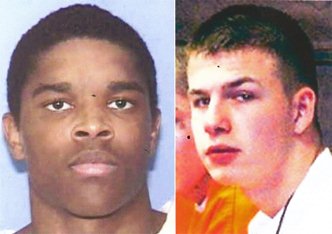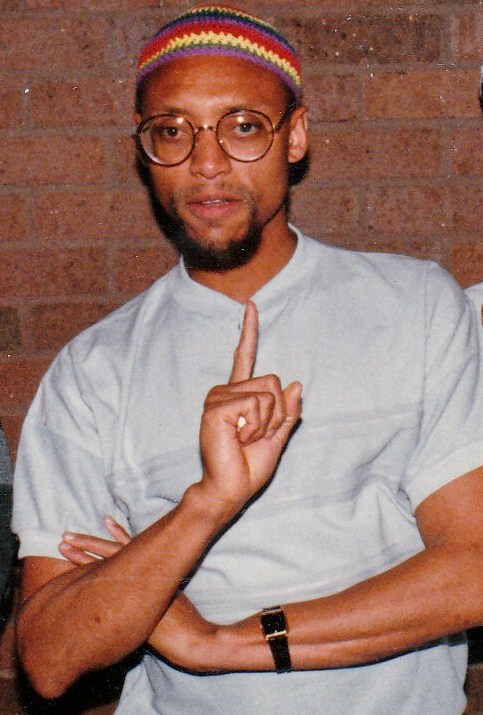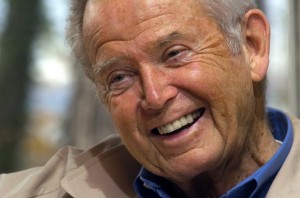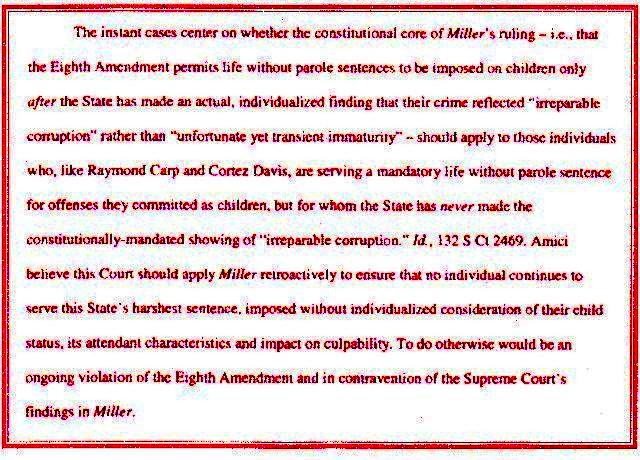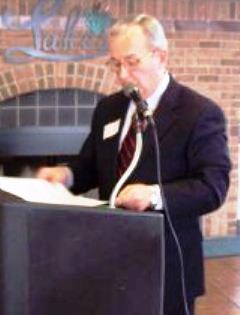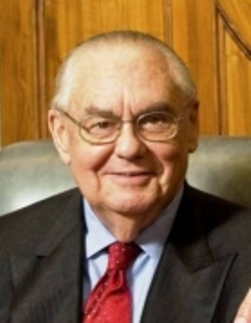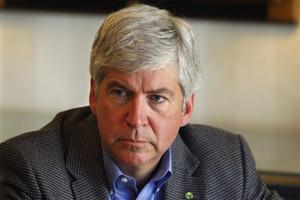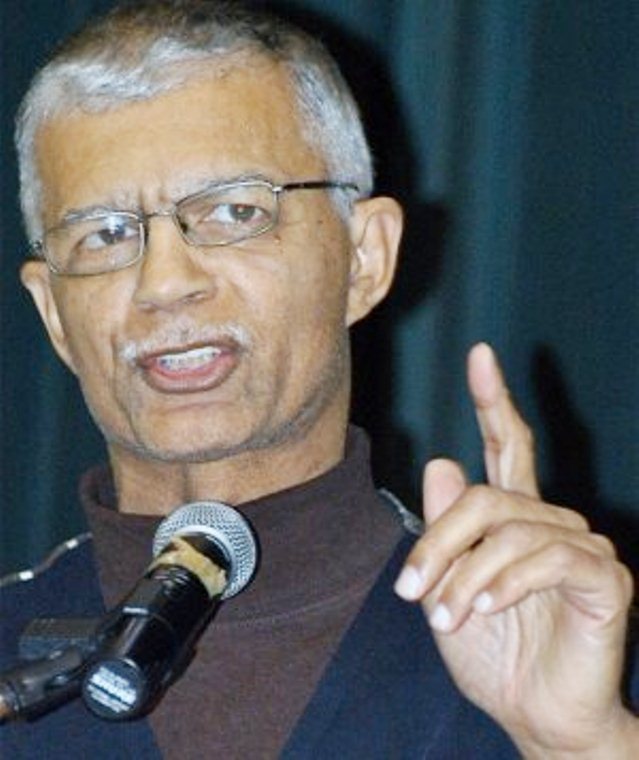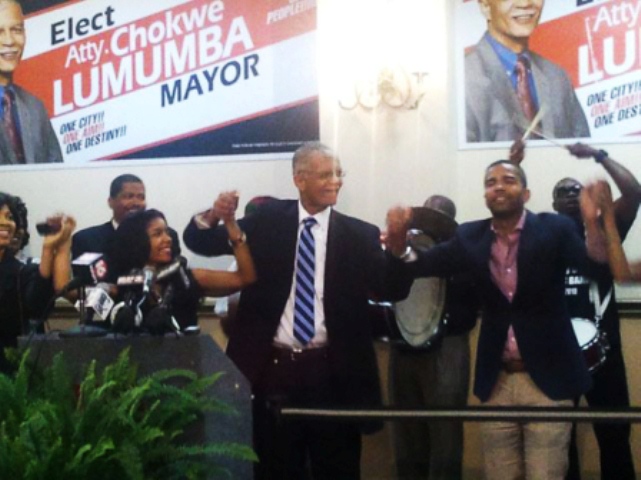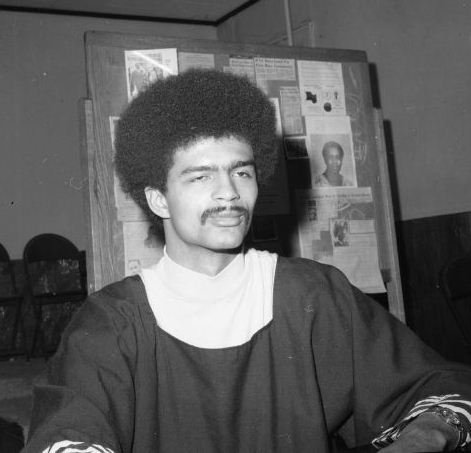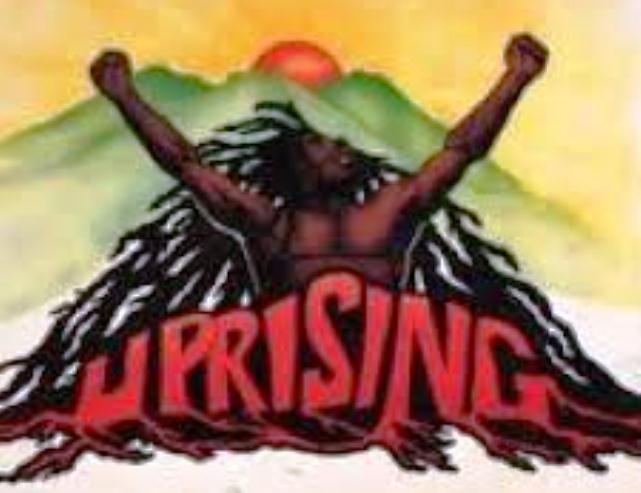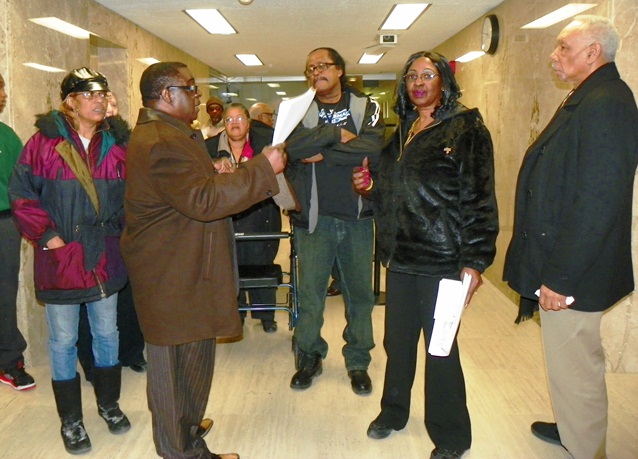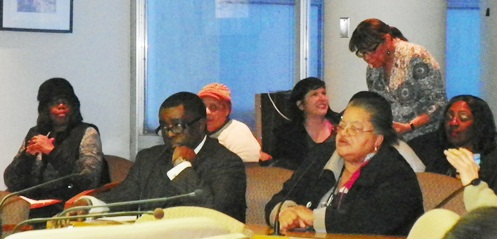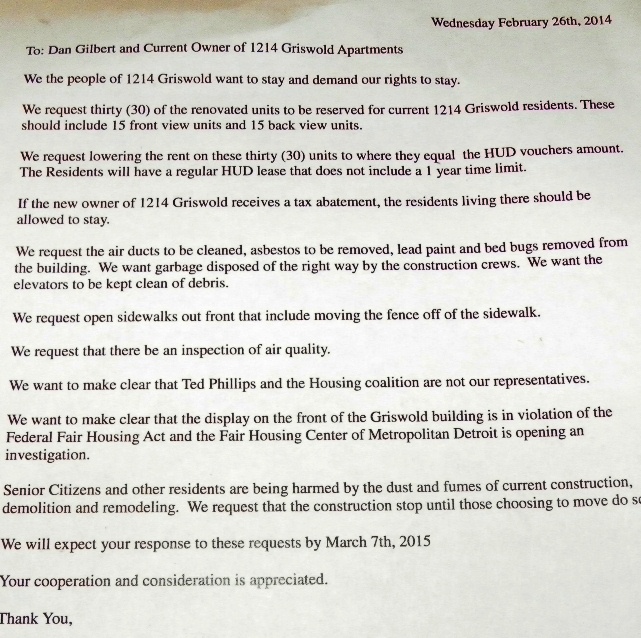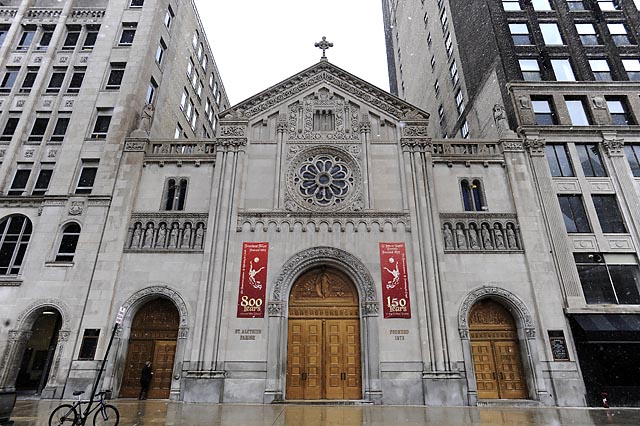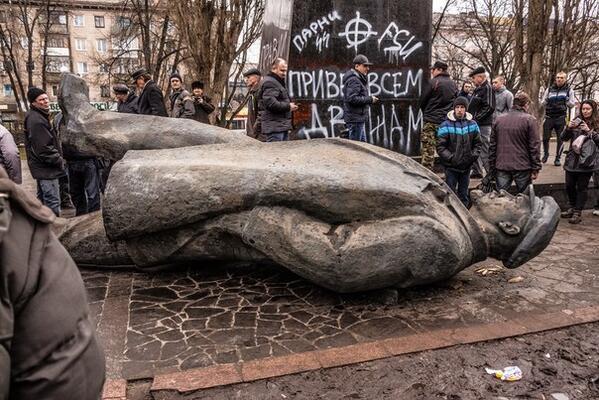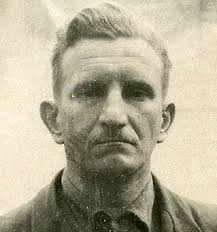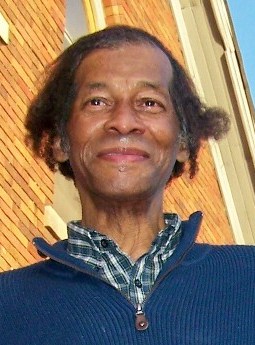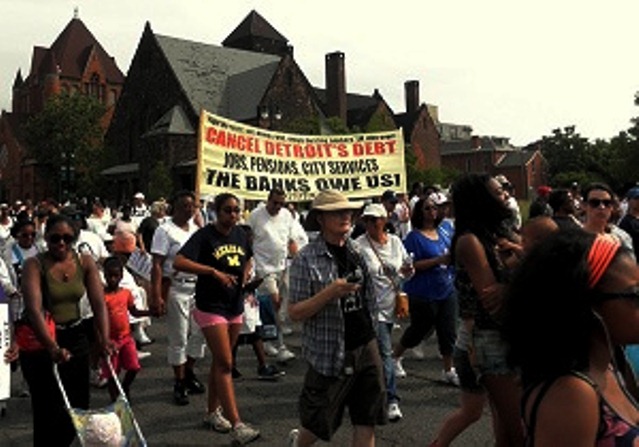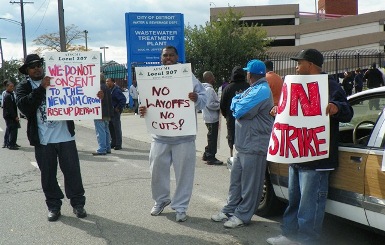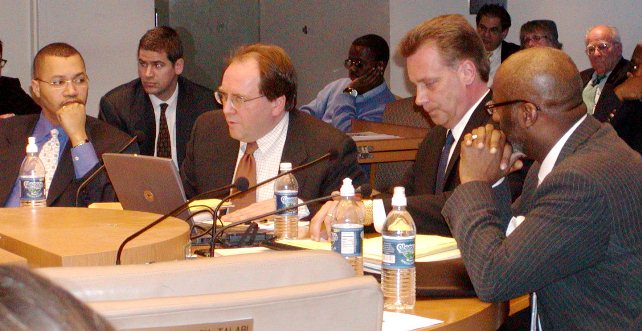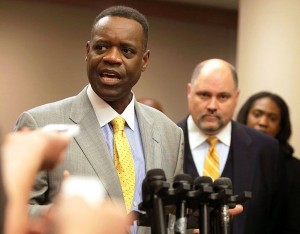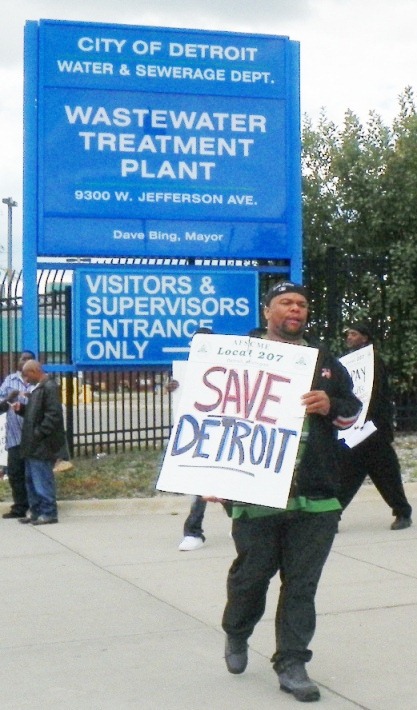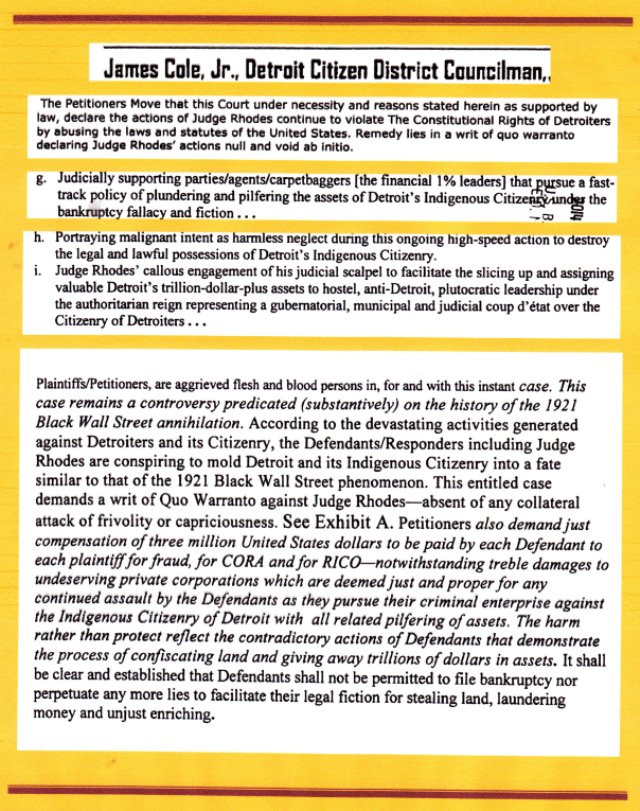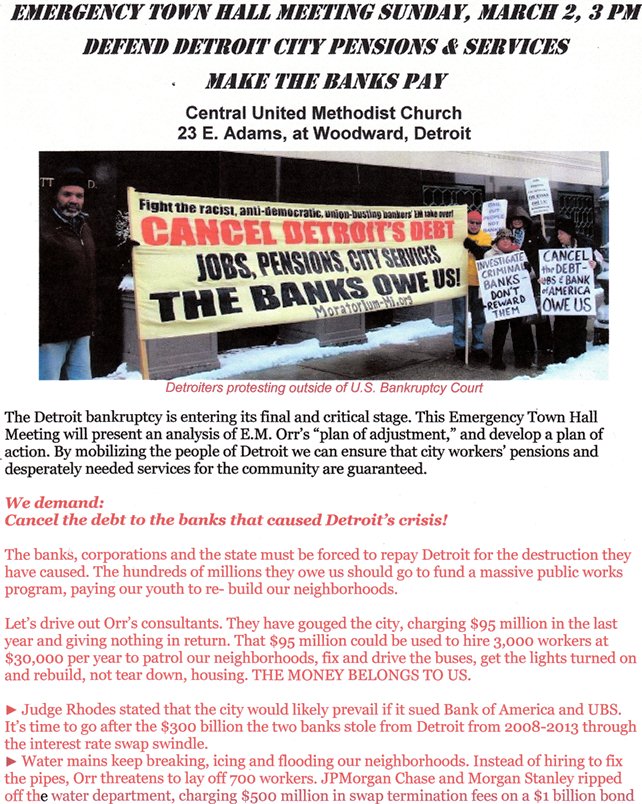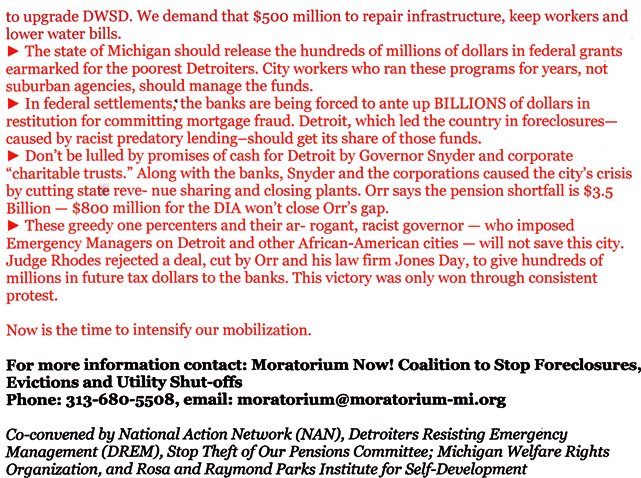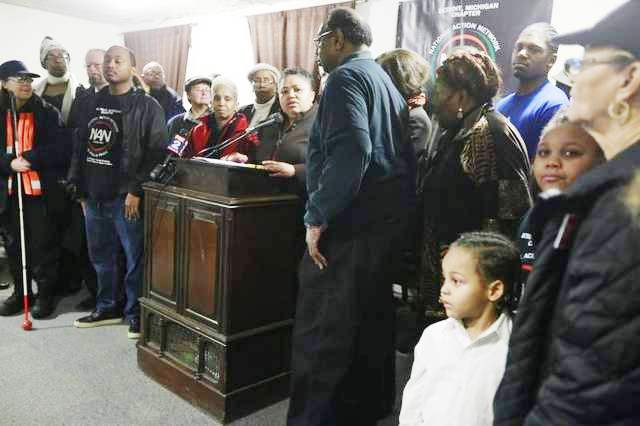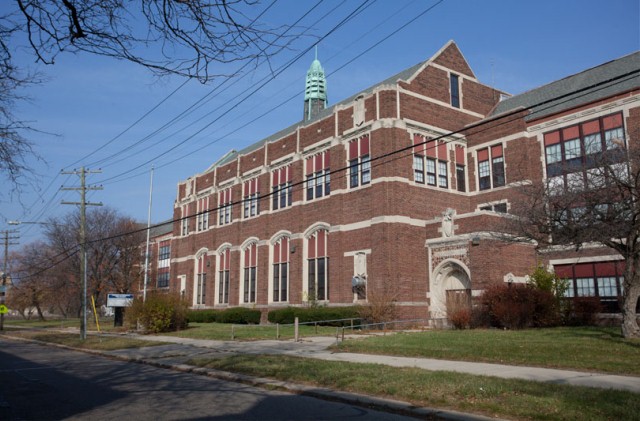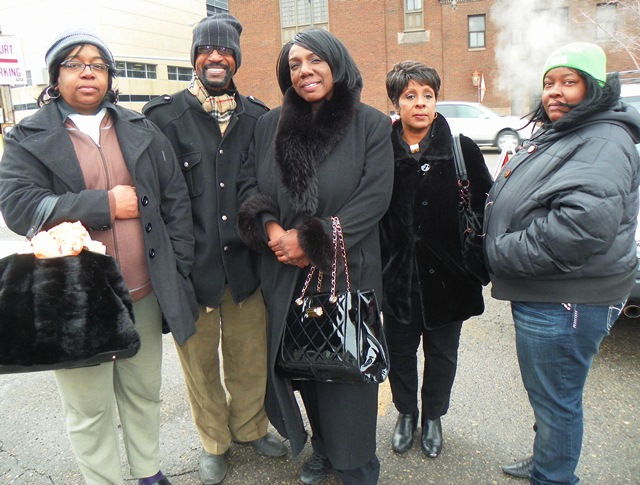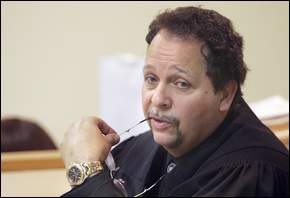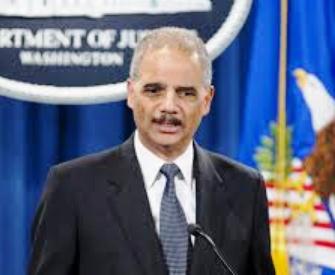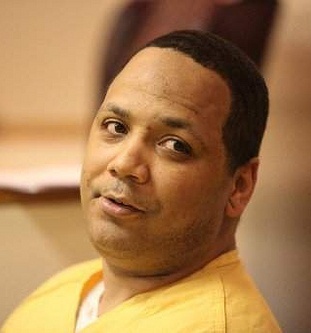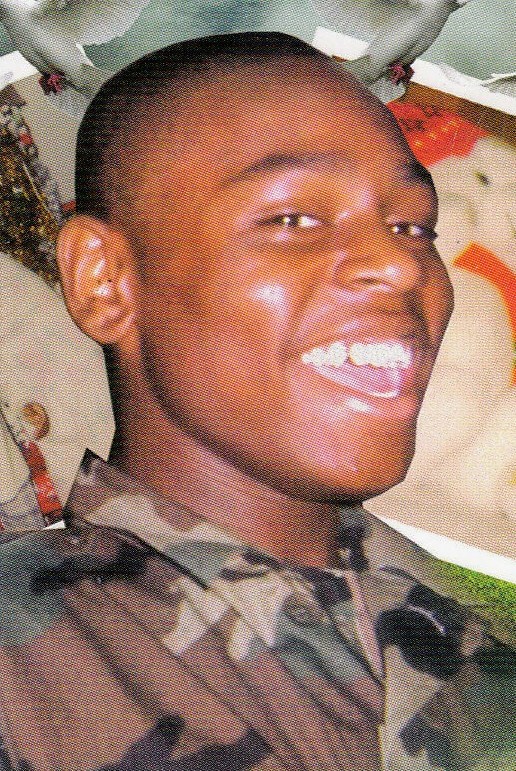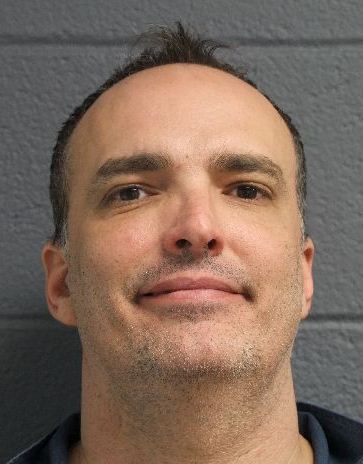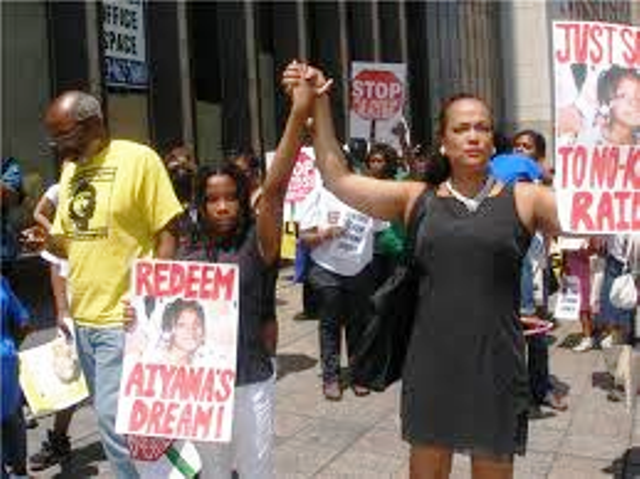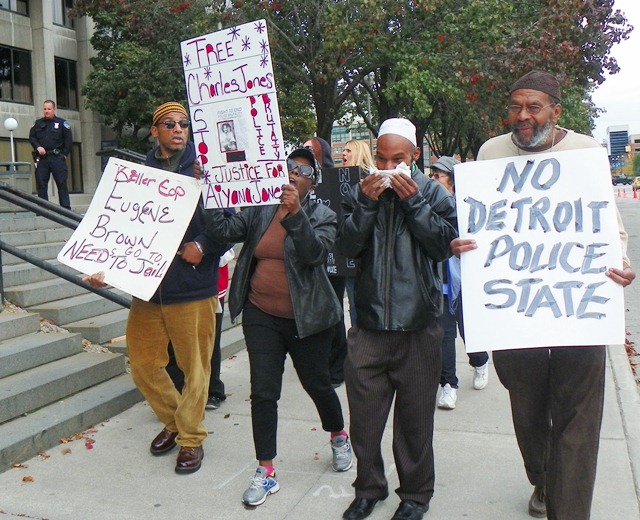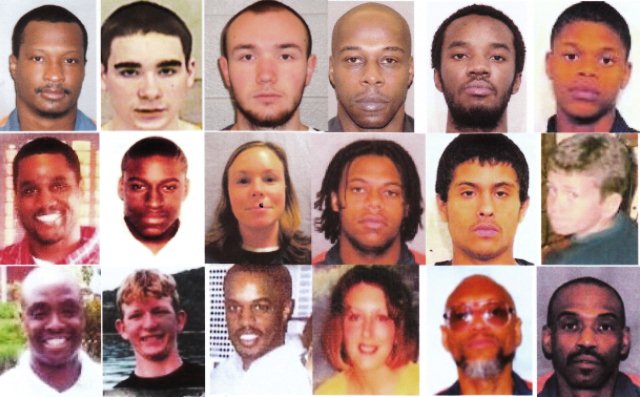
Some of Michigan’s 371 juvenile lifers involved in current litigation: (l to r, top through bottom row), Cortez Davis, Raymond Carp, and Dakotah Eliason, awaiting Michigan Supreme Court hearing of their cases March 6, 2014 ; plaintiffs in USDC case Hill v. Snyder: Henry Hill, Keith Maxey, Dontez Tillman, Jemal Tipton, Henry Hill, Nicole Dupure, Giovanni Casper, Jean Cintron, Matthew Bentley, Bosie Smith, Kevin Boyd, Damion Todd, and Jennifer Pruitt; Edward Sanders and David Walton, in prison since 1975 at the age of 17; (photos show some lifers at current age, others at age they went to prison).
Former Gov. William Milliken, 109 others filed amicus brief on behalf of defendants
At issue: whether USSC ruling in Miller v. Alabama is retroactive
The fate of 363 children sentenced to die in Michigan’s prisons at stake
March 6, 2014
DETROIT – The Michigan Supreme Court is hearing the cases of three men sentenced as juveniles to die in prison today. A key issue in each case is whether the landmark 2012 U.S. Supreme Court decision banning juvenile life without parole sentences as “cruel and unusual punishment” will be held by the state to be retroactive. That case was Miller v. Alabama/Jackson v. Arkansas.
The expected rulings in the cases of Cortez Davis, 16 when he was incarcerated, Raymond Carp, 15, and Dakotah Eliason, 14, will affect the future of Michigan’s 363 juvenile lifers, many of whom have languished behind bars for decades. Michigan has the second highest number per capita of children sentenced to die in prison of any state. The U.S. is the only country in the world that allows such sentences.
“I am thankful to Allah to be back down state,” Edward Sanders, incarcerated for 39 years since 1975 at the age of 17 for an incident in which he was not the shooter, told this reporter in a JPay email. “I am rooming with a guy who has done more than 44 years as a JLWOP [juvenile life without parole]. He has been in prison longer than the guy up north that had about 42 years.”
Sanders, who had been brutally attacked by another prisoner at a facility in the upper peninsula, was finally granted his transfer request after a long campaign including numerous articles in the Voice of Detroit.
Sanders said earlier that the state parole board had once again denied him an opportunity for a parole hearing, after 39 years. He has obtained his college degree, taught law courses to other prisoners, and acted as an accomplished jail-house lawyer, among other achievements, but the state parole board is notorious for ignoring actual accomplishments of rehabilitation. Instead, according to recent comments by a former head of the parole board, they focus solely on the initial crime. They are not currently obligated even to see a prisoner in person for a review, but can just hand back a “no-interest” response.
Former Michigan Governor William Milliken and 109 retired judges, attorneys, prosecutors, state bar officials and law professors have signed an amicus brief stating that the defendants should now be eligible for parole under terms of the USSC Miller/Jackson ruling. Michigan’s Attorney General Bill Schuette and various appeal courts have claimed that the decision is not retroactive.
The Milliken et. al. brief is available at Milliken amicus brief JLWOP. It reads in part:
CORTEZ DAVIS
Cortez Davis of Detroit, now 36, has been incarcerated for twenty years. Wayne County Circuit Court Judge Vera Massey Jones declared at his sentencing, “[I]n this instance when this young man was not the person who pulled the trigger, he was an aider and abettor in an armed robbery, he was convicted of first-degree murder by the jury . . . the only other option of then sentencing him as an adult and imposing a life sentence, mandatory life sentence, is cruel and unusual punishment, when everyone agrees that he is capable of rehabilitation.”
Judge Massey-Jones sentenced Davis to a determinate term of 10 to 40 years, but an appeals court overturned her decision, forcing her to re-sentence him to life without parole. After the Miller/Jackson ruling, his case was remanded to her for re-sentencing. But Wayne County Prosecutor Kym Worthy, an ardent foe of second chances for juvenile lifers, appealed and blocked the re-sentencing.
Massey-Jones is due to retire next year.
“I stayed here because I wanted to see justice done to my people,” Judge Jones said regarding her lengthy tenure. “I followed my father around Recorder’s Court when I was a little kid . . . .I had a great deal of respect for him and for the other people who happened to be African-American lawyers, and really fought for people’s rights. And so, to me, doing the right thing was more important than anything else. And doing the right thing back then was not to sentence Mr. Davis to natural life in prison.”
RAYMOND CARP
(For official court website summary of cases, click on Summary of Juvenile Life without Parole cases to be heard before MSC June 6.)
Raymond Carp, of St. Clair Shores, now 23, has been incarcerated since 2006 for aiding and abetting his then 22-year-old brother in the robbery-murder of an elderly woman neighbor. Carp was 15. His brother Brandon Gorecki stabbed and killed the woman. Carp’s prison record shows he has a scar on his arm from a suicide attempt.
An appeals court ruled that Miller/Jackson was not retroactive in his key case. That decision has so far blocked all other juvenile lifer cases from proceeding for resentencing.
The court was led by right-wing Judge Michael Talbot, who sentenced another juvenile lifer, Damion Todd, to “life without parole at hard labor” in the 1980’s, even though there is no such sentencing statute on the books in Michigan law. Talbot was exposed as a member of the ultra-right-wing Federalist Society in a 1999 report called “Hijacking Justice.” (Click on The Federalist Society Special Report for more info.)
Michigan Gov. Rick Snyder recently appointed Talbot to take control of 36th District Court, the only court left where judges and juries are comprised solely of Detroit residents and Black Detroiters can at least hope for a modicum of justice.
In Jan. 2013, U.S. District Court Judge John Corbett O’Meara countered the Carp appeals court decision, ruling in Hill v. Snyder that the USSC decision was indeed retroactive.
“Indeed, if ever there was a legal rule that should – as a matter of law and morality – be given retroactive effect, it is the rule announced in Miller,” said Judge O’Meara. “To hold otherwise would allow the state to impose unconstitutional punishment on some persons but not others, an intolerable miscarriage of justice.”
Judge O’Meara extended the reach of his ruling to include all Michigan juvenile lifers, but the case has dragged out as attorneys for juvenile lifers and the state spar over ways to effectuate it. In November, 2013, Judge O’Meara mandated that the state put procedures in place by Jan. 2014, but the state has appealed his ruling to the Sixth Circuit Court of Appeals.
On March 5 Michigan Governor Rick Snyder signed Public Act 22 of 2014, which bars retroactivity for juvenile lifers unless either the state or federal supreme courts affirm it, emphasizing the importance of rulings in today’s cases.
It reads in part, “If the state supreme court or the United States supreme court finds that the decision of the United States supreme court in Miller v Alabama . . . applies retroactively to all defendants who were under the age of 18 at the time of their crimes, and that decision is final for appellate purposes, the determination of whether a sentence of imprisonment for a violation . . . .shall be imprisonment for life without parole eligibility or a term of years . . . .shall be made by the sentencing judge or his or her successor as provided in this section. For purposes of this subsection, a decision of the state supreme court is final when either the United States supreme court denies a petition for certiorari challenging the decision or the time for filing that petition passes without a petition being filed.”
DAKOTAH ELIASON
Dakotah Eliason of Niles, Michigan, 14 at the time he shot and killed his grandfather in 2010, said he had been contemplating homicide or suicide out of “sadness” or “pent-up anger.” A friend had recently committed suicide, a cousin died in a car accident, and his pet dog, which which an expert testified constituted his closest relationship, had died. His mother had recently relinquished her parental rights after his father lost his job, assigning him and his sister to their grandparents’ residence.
Eliason was an honor roll student with no previous behavioral issues. He said he sat with a gun in his bedroom at his grandfather’s house for several hours deciding whether to kill himself or someone else so that he could be executed.
James Henry, the director of the Southwest Michigan Children’s Trauma Assessment Center, testified later that an interview with Eliason 17 months after the shooting revealed he was still suffering from post-traumatic stress disorder due to the events prior to the shooting, and had “dissociated from reality.”
An appeals court decision by two of three judges on the panel, citing Miller and Carp, remanded his case for re-sentencing limited as follows:
“Therefore, the only discretion afforded to the trial court in light of our first-degree murder statutes and Miller is whether to impose a penalty of life imprisonment without the possibility of parole or life imprisonment with the possibility of parole. Carp, 298 Mich App at 527.”
However, the third judge on the panel, Elizabeth Gleicher, said in a partial dissent,
“I concur with the result reached by the majority regarding defendant Dakotah Eliason’s challenges to his first-degree-murder conviction. I write separately to respectfully express my belief that the Michigan Constitution forbids the trial court from resentencing Dakotah to imprisonment for life without the possibility of parole.”
Michigan’s Constitution goes even further than the U.S. Constitution, banning cruel OR unusual punishment as opposed to cruel AND unusual punishment.
“Furthermore,” Gleicher said, “because Michigan’s parole guidelines do not take into account Dakotah’s youth at the time he committed the crime, I believe that both the United States and Michigan Constitutions mandate that the trial court consider sentencing Dakotah to a term of years that affords him a realistic opportunity for release.”
VIDEO ABOVE: Bryan Stevenson, founder and executive director of the Equal Justice Initiative and a MacArthur Fellow, argued the cases of Miller v. Alabama and Jackson v. Arkansas before the U.S. Supreme Court on behalf of two prisoners who were 14 when they were sentenced to life without parole. On June 25, 2012, the high court ruled that sentencing children under the age of 18 to death is prison is “cruel and unusual punishement” and therefore unconstitutional. Stevenson’s own grandfather was killed by a group of youths, but he has devoted his own life to fighting for fair sentencing, particularly for juveniles. In this video, he discusses earlier Supreme Court decision in Graham v. Florida, which he also argued, that resulted in a ruling that life without parole for juveniles in non-homicide cases is unconstitutional.

